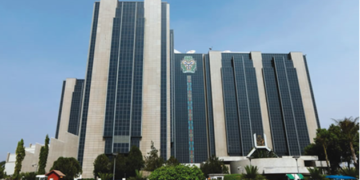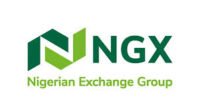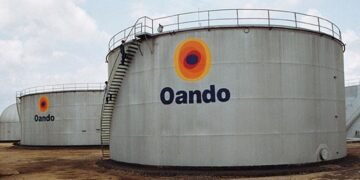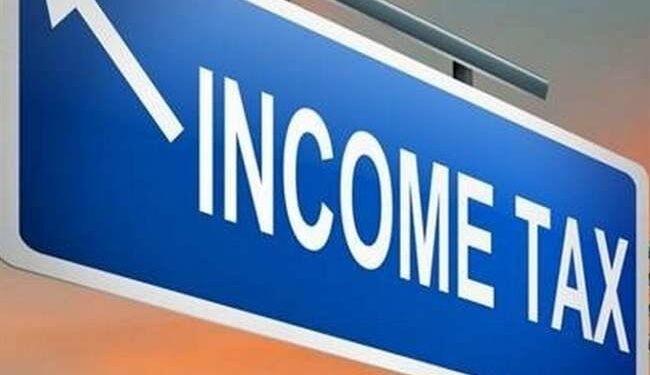(Greenwich Merchant Bank): As revealed by a recent survey by the National Bureau of Statistics (NBS), Corporate Income Tax (CIT) showed some resilience in the third quarter, quickening the pace of generated income recorded so far in the year.
While a yearly assessment indicated a steep fall of 20.13%, CIT improved by 3.48% QoQ to NGN416.09bn, as temporary business closures were eased owing to the country’s slowing infection rates. At NGN244.70bn, domestic sources accounted for 58.8% of the total income generated vs. 51.0% in Q3:2019), while foreign sources made up a record low share of 16.9% or NGN70.34bn.
Sectorally, the Professional Services including Telecoms led the pack, with a bulk of NGN55.52bn, followed by Other Manufacturing (NGN42.03bn), and the Banks and Financial Institutions (NGN24.05bn). The Mining Industry, on the other hand, contributed the lowest, trailed by Textiles and Garment (NGN167.51bn), as well as the Local Government Councils (NGN321.7bn).
Read also: Global Economy: Activities Firm Up in the UK and US Economy…as Eurozone’s PMI Wanes
Notwithstanding the laudable palliatives adopted to stave off the negative impacts of the COVID-19 pandemic, which at the start of the year were expected to ease the burden on tax remittances, these steps ranged from the extension of filing for CIT returns to the increased use of the FIRS electronic platforms.
However, vulnerabilities in the form of the shortage in business activities, weakened domestic demand and investments weighed down on most companies. It is also worth noting that the Corporate Income Tax (CIT) budgeted figure for H1:2020 stands at NGN899.31bn, of which the realized figure pegs at NGN671.56bn or 75% as of half-year.
On a broader view, taxation across developing economies are expected to experience a dramatic fall in their average tax-to-GDP ratio in 2020, according to the IMF. As a result, we believe that considerations should border around long-term incentives to taxpayers, that presents opportunities for businesses to snap back to pre-pandemic levels.
These measures may include tax holidays or short-termed tax reductions, particularly for sectors disrupted by the COVID-19 pandemic, this should provide businesses ample time to recover from the effects of COVID-19.
In addition, increased public spending during the peak of the pandemic, particularly on health facilities has precipitated a rise the government’s expenditure, as well as dampened the government’s capacity to earn, coupled with the current stance in the oil market. Case in point, tax administrations should be prepared to explore other means of fueling the economy, as tax collections might remain a dampener to the governments’ projected revenue.






















































